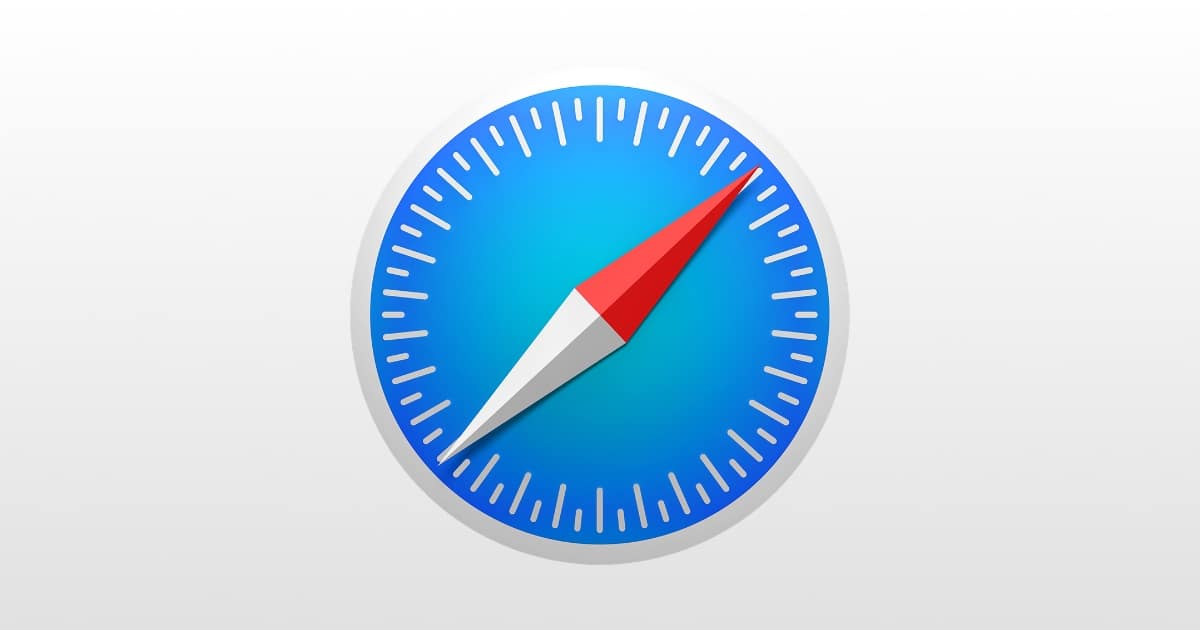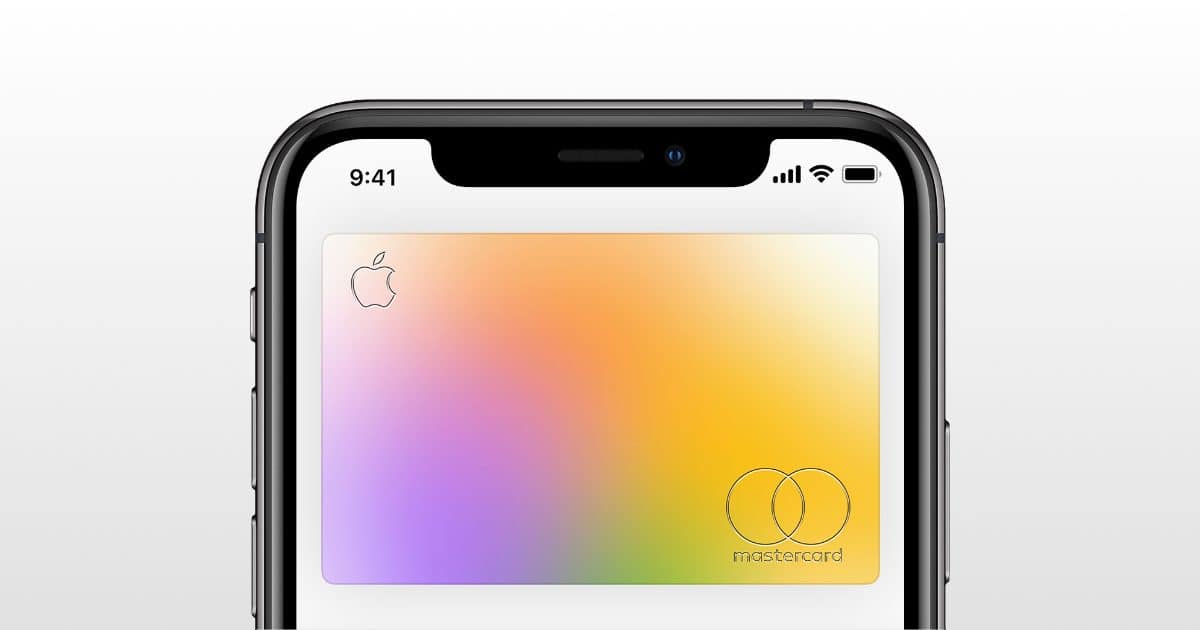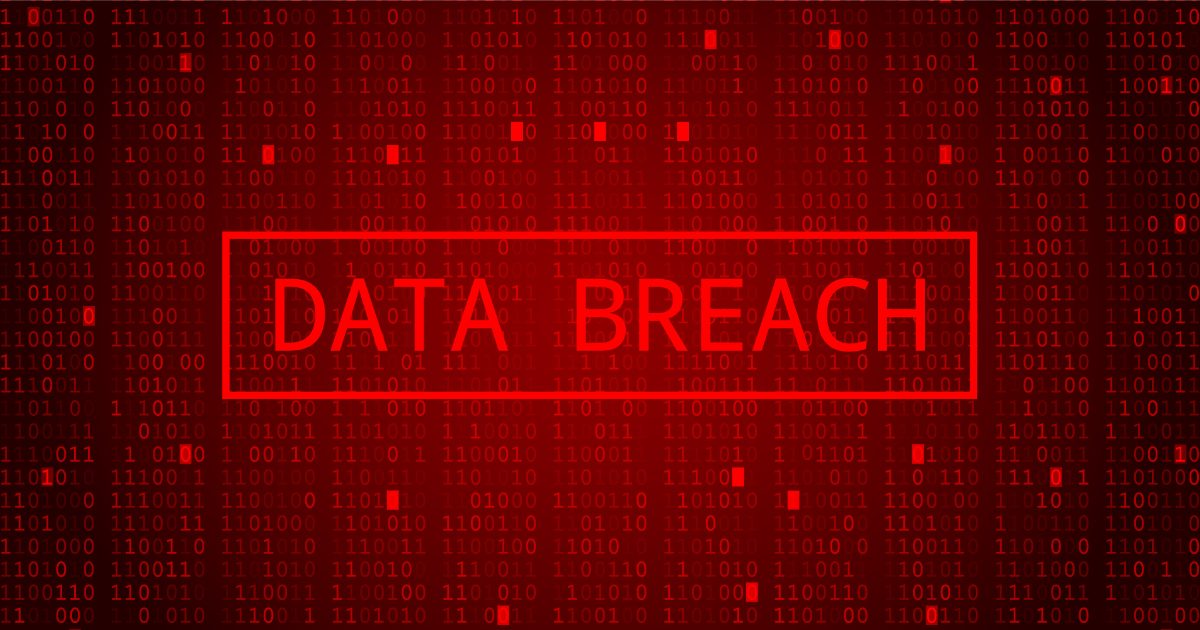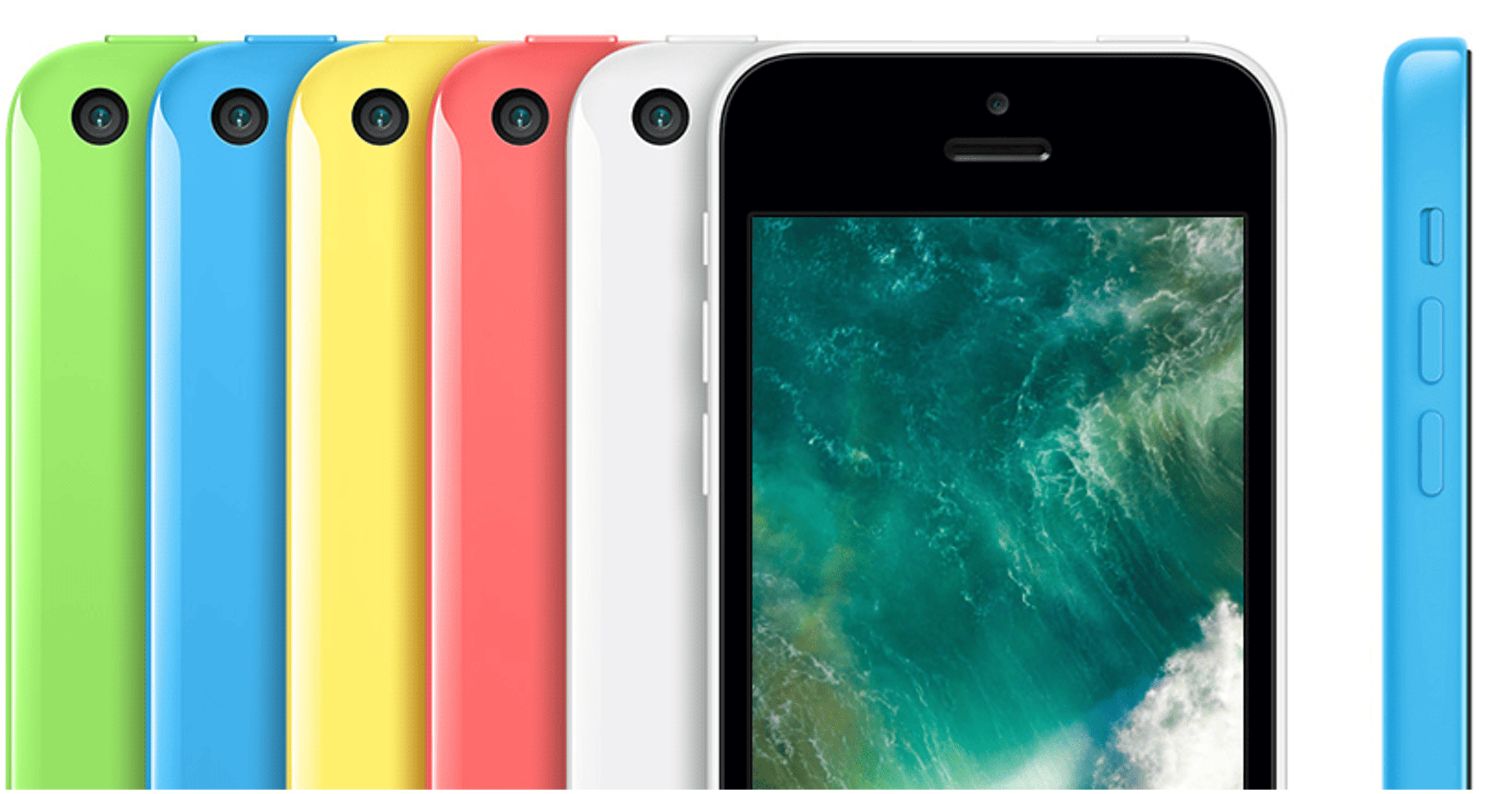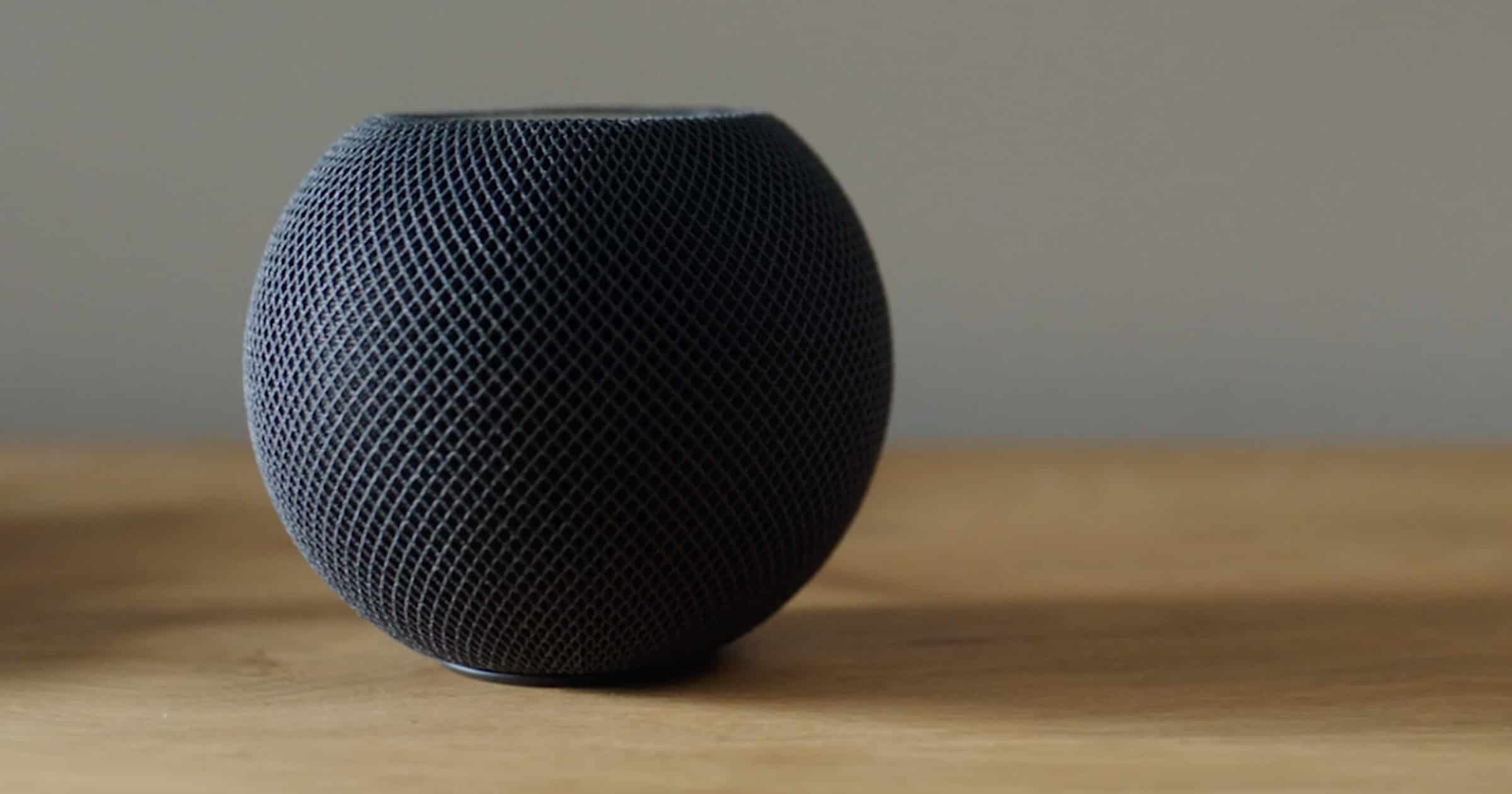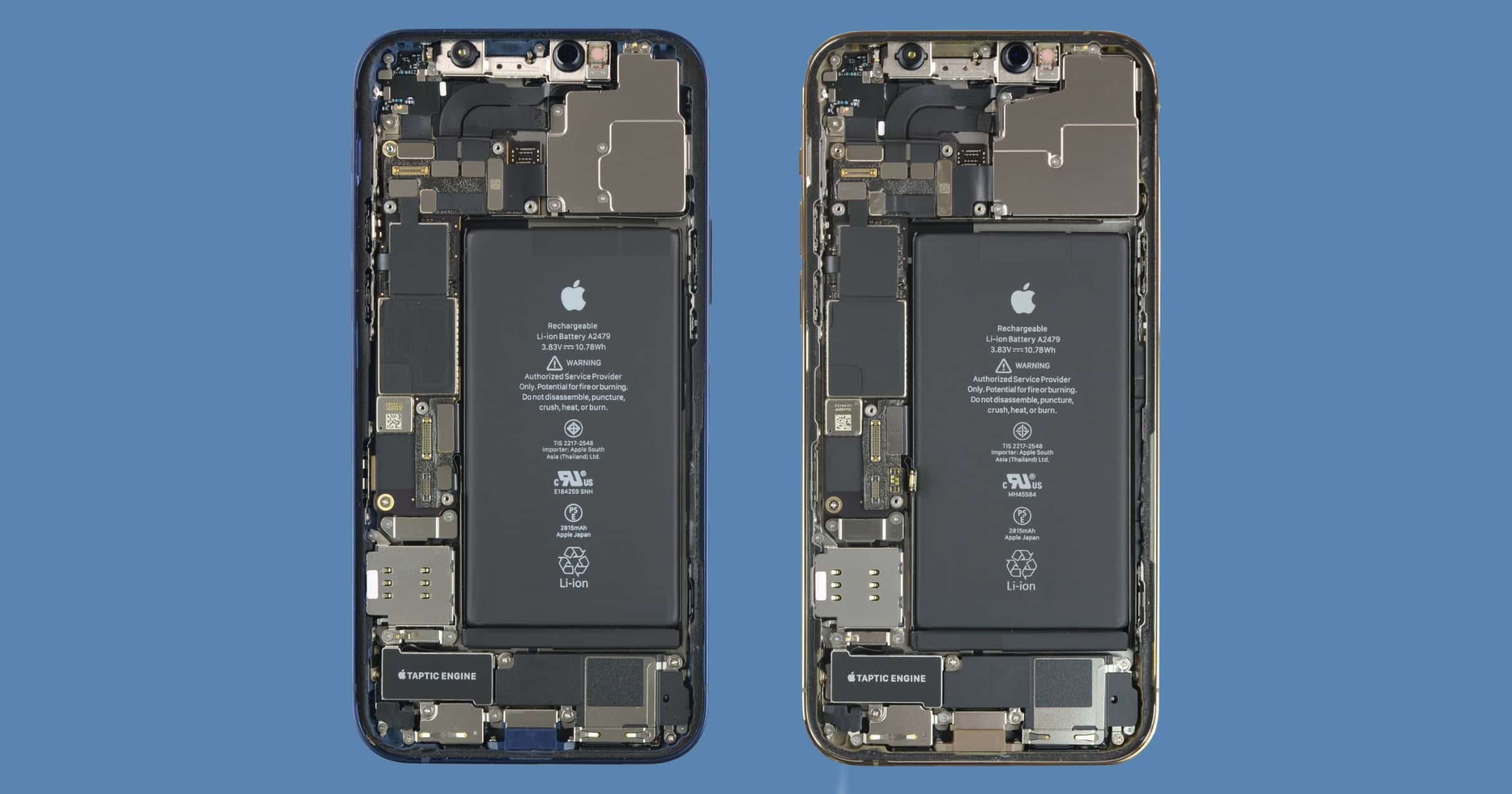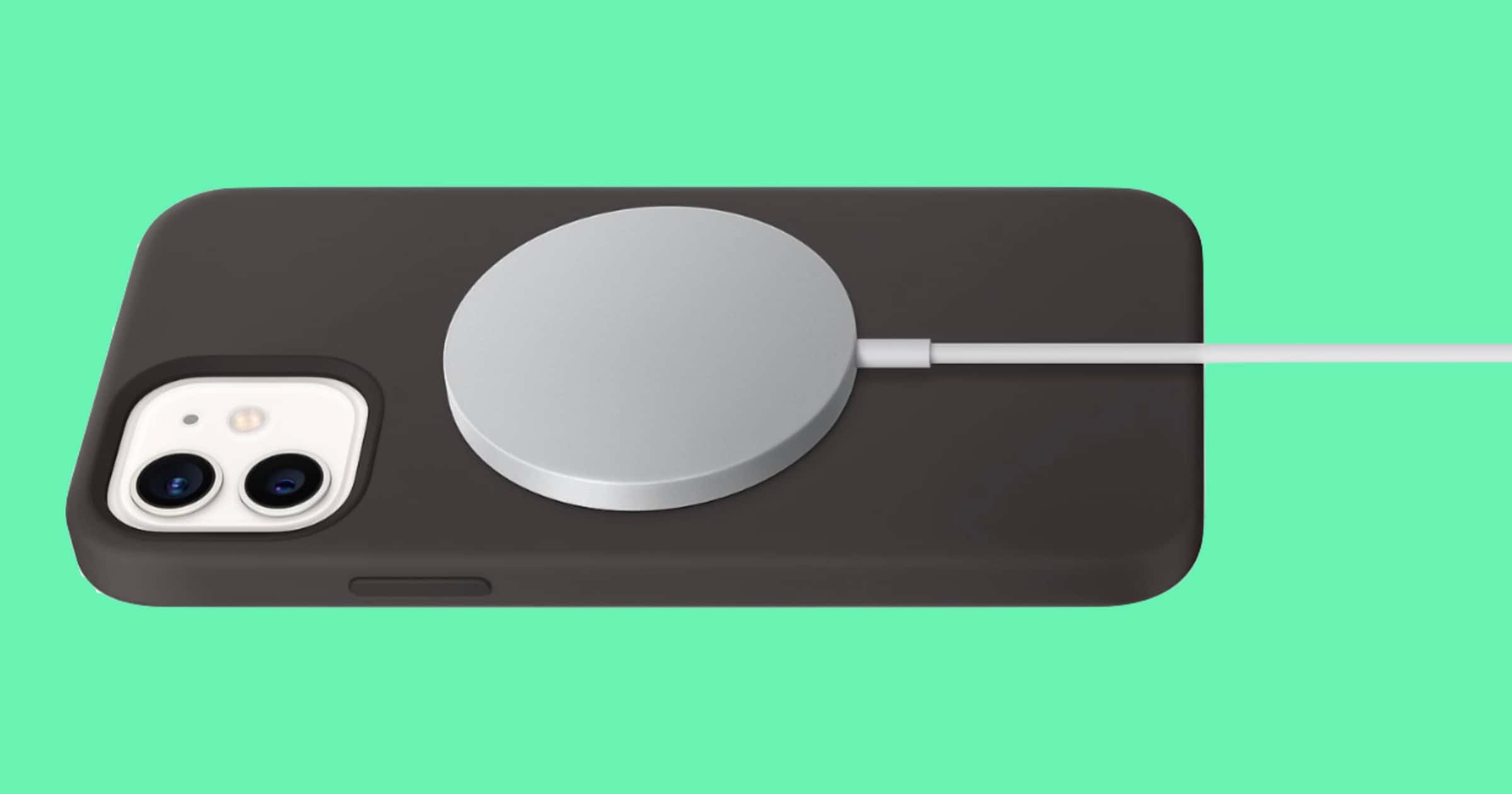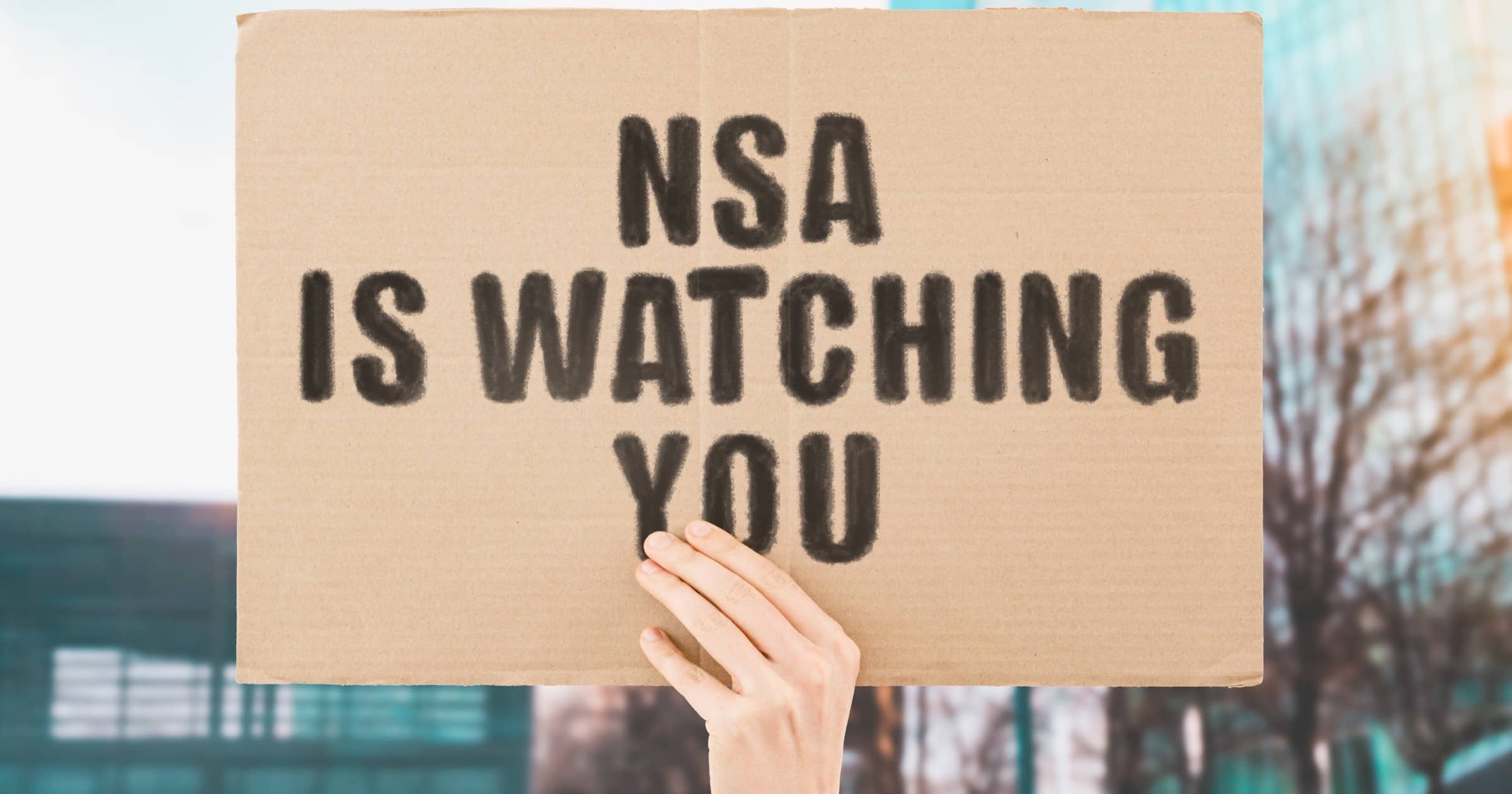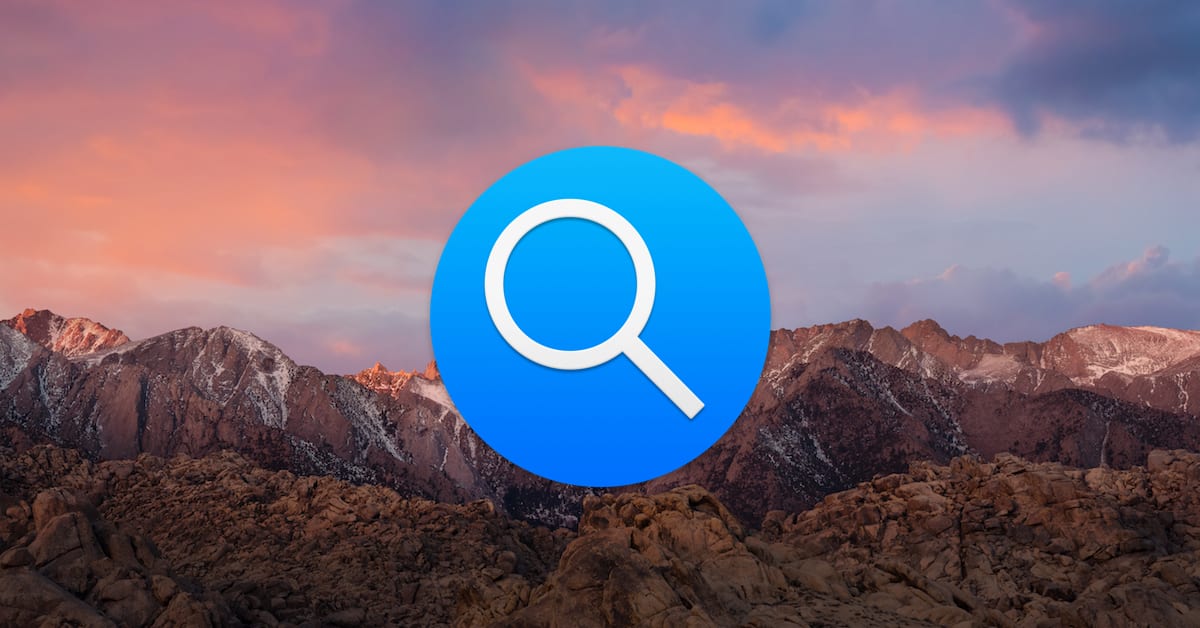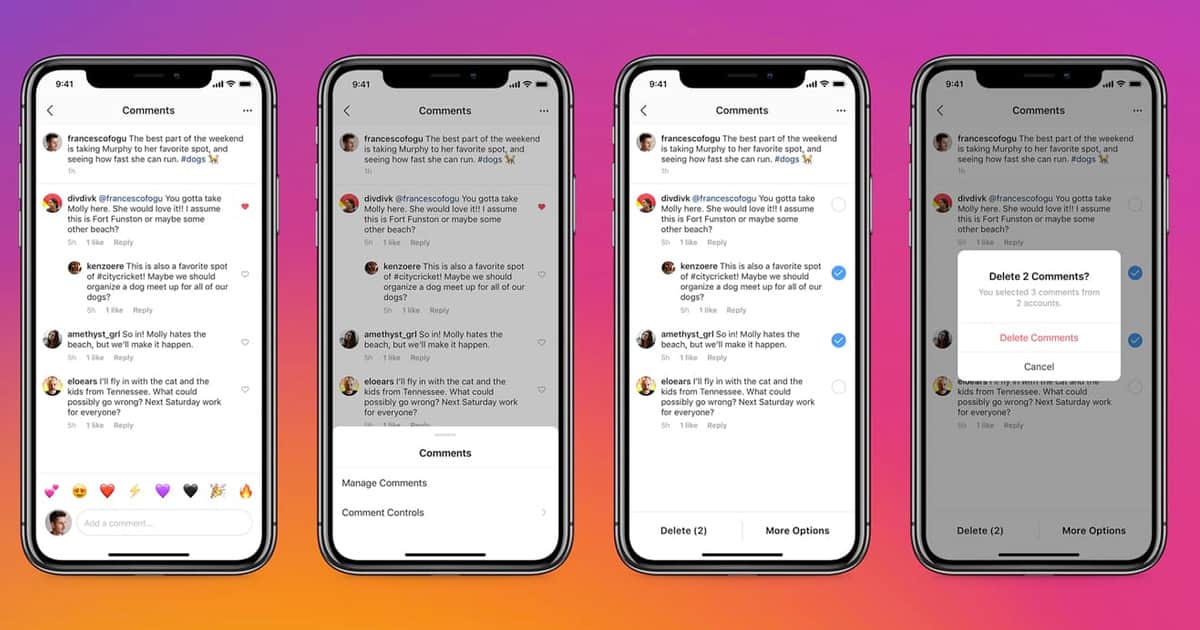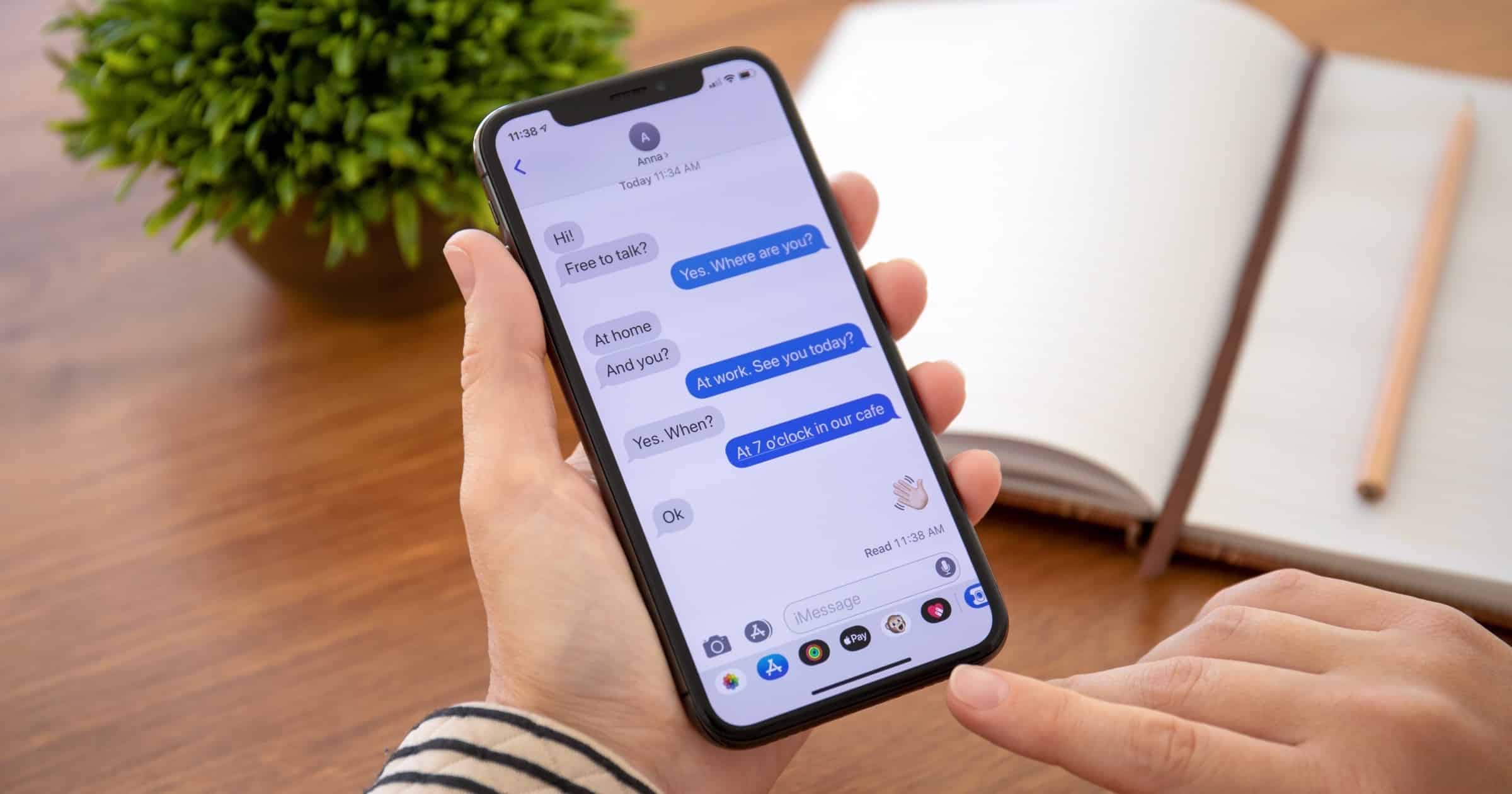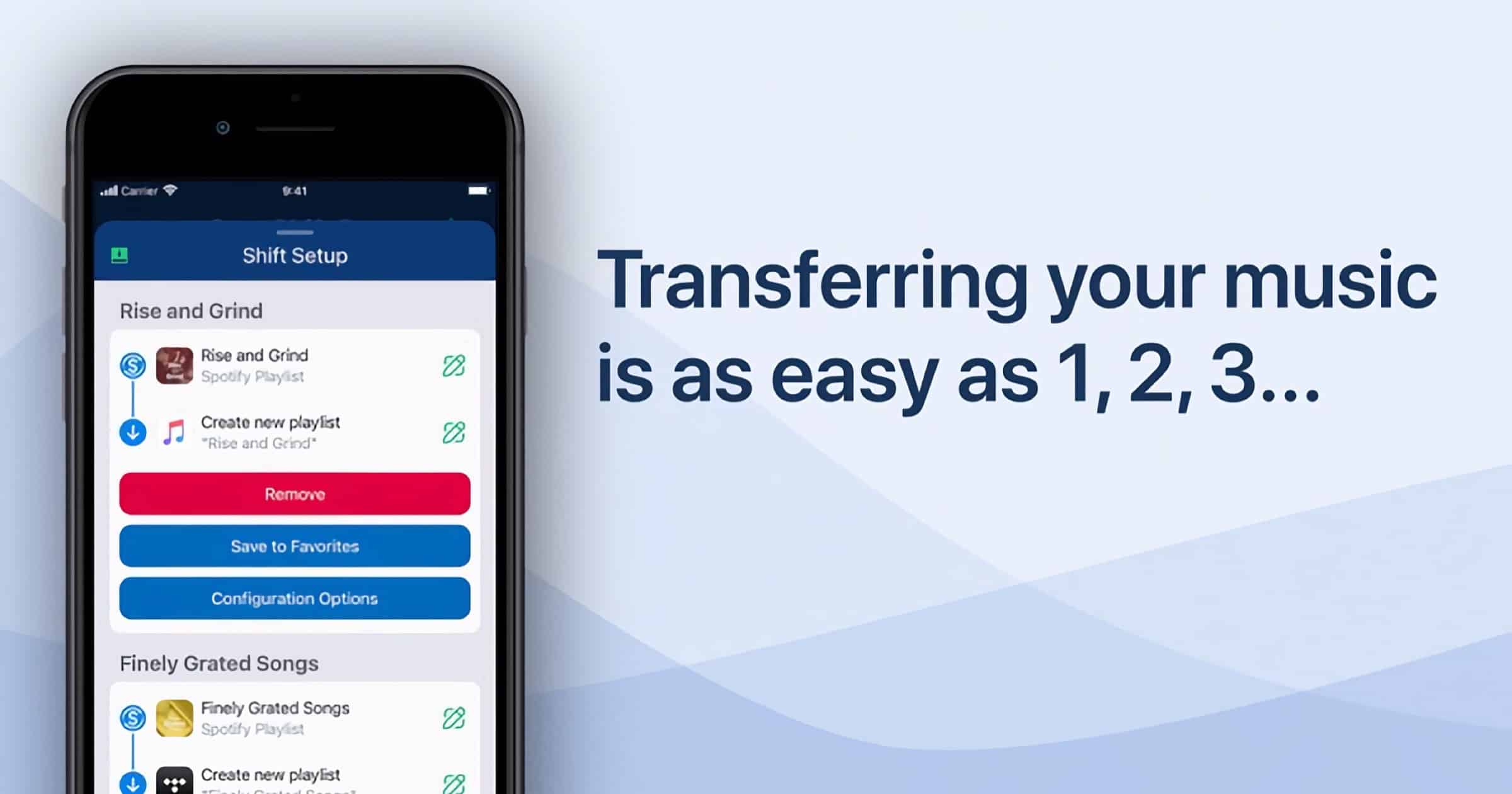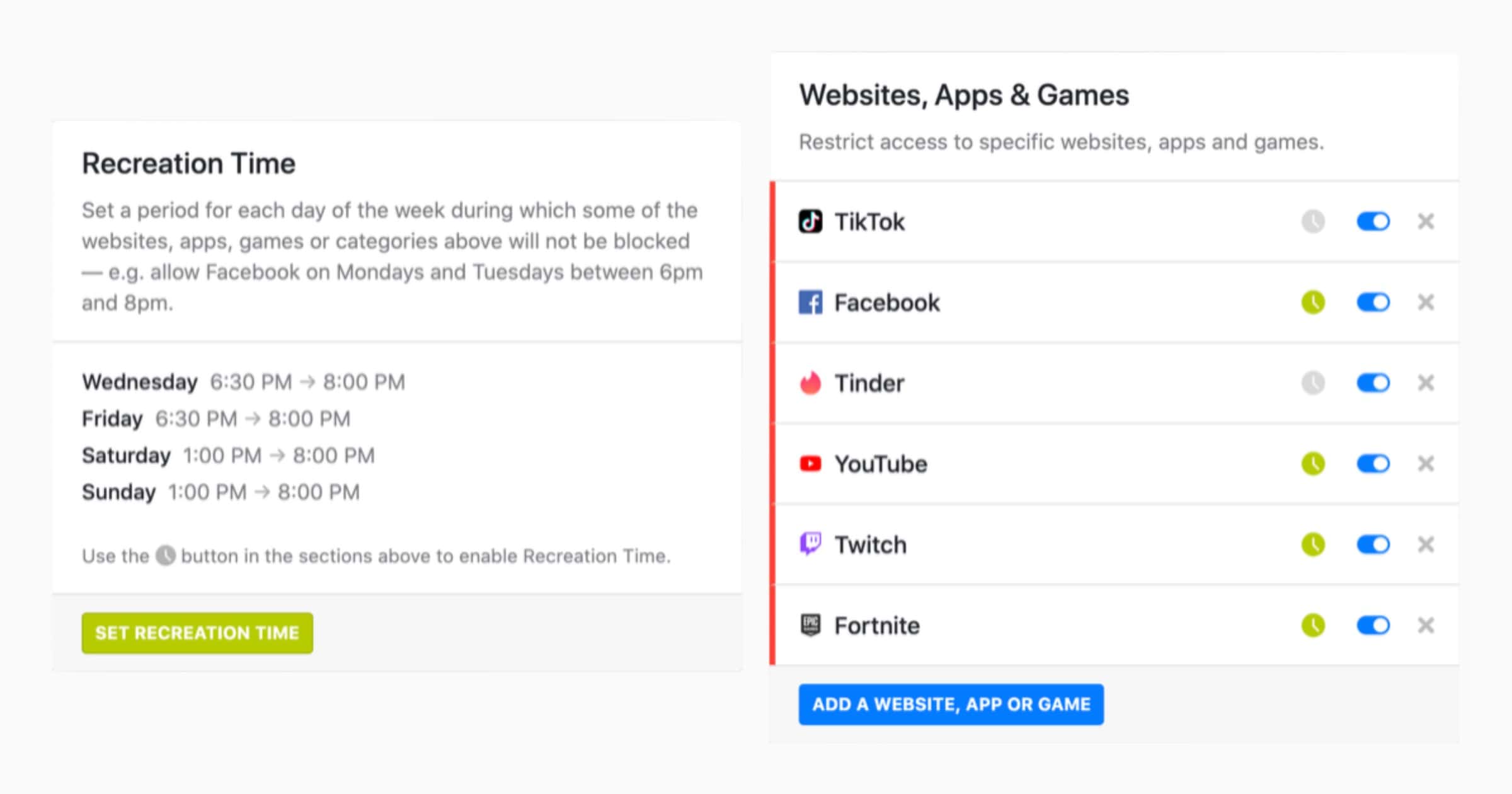Filipe Espósito shares news that 9To5Mac readers in Brazil and Germany report they can use Safari 14’s built-in translation feature.
For some unknown reason, the Safari translator wasn’t available in all countries supported by the Translate app. Luckily this might have changed today, as multiple users from different countries reported that the Safari translator is now enabled for them.
Some 9to5Mac readers from countries like Brazil and Germany told us that the translating option is now working in Safari, which is something that has definitely changed today. I was able to confirm that the Safari translator is now working on my devices with the system region set to Brazil.
